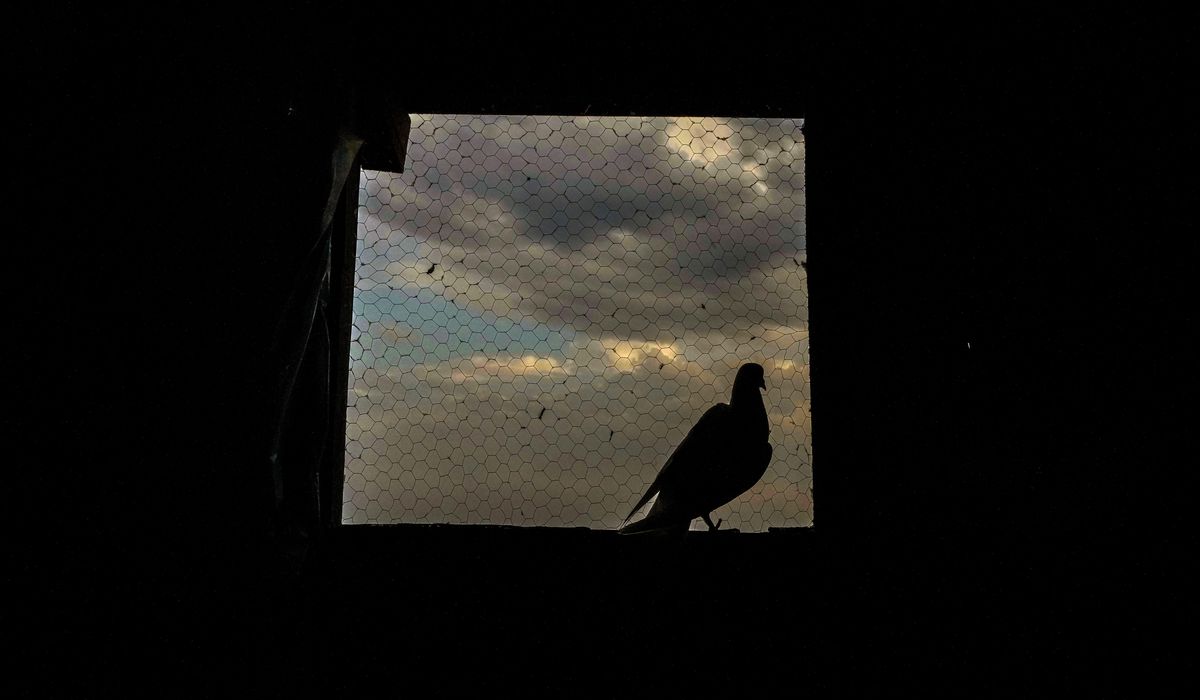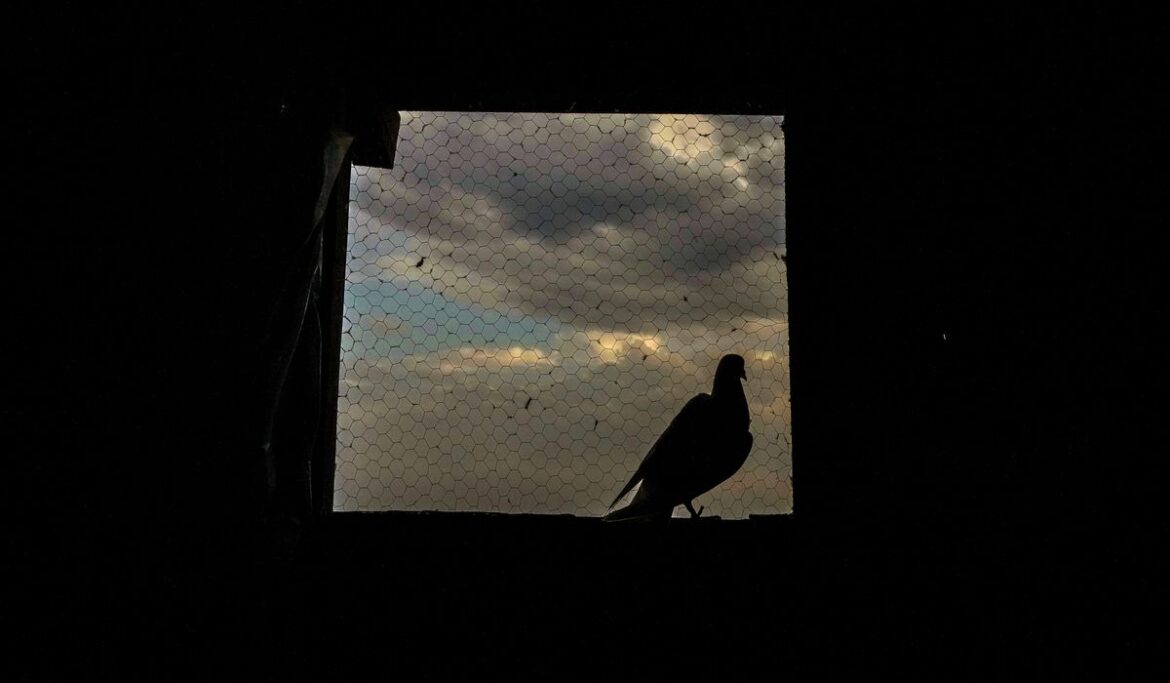
The black-naped pheasant-pigeon, documented by science for the first and heretofore only time in 1882, was rediscovered in Papua New Guinea, nonprofits Re:wild and the American Bird Conservancy announced Thursday.
The bird was found in its native habitat of Fergusson Island off the eastern coast of Papua New Guinea, and is critically endangered. Photos and video taken of the bird by researchers mark the first documented evidence of its existence in 140 years.
“After a month of searching, seeing those first photos of the pheasant-pigeon felt like finding a unicorn. It is the kind of moment you dream about your entire life as a conservationist and birdwatcher,” said John Mittermeier, director of the Lost Birds program at ABC and co-leader of the expedition, in a joint release including both ABC and Re:wild.
The expedition team arrived on Fergusson Island in September 2022. Interviews with local communities, particularly those on the western slopes of Mt. Kilkerran, helped researchers pinpoint the pheasant-pigeon’s dwelling places.
The help of Augustin Gregory, a hunter who reported seeing the bird in an area with steep ridges and valleys, was crucial. Having described the bird’s calls and reported multiple sightings, the expedition then set up cameras on a ridge 3,200 feet above Mr. Gregory’s village.
The bird was found with only two days left before the expedition departed Fergusson Island.
“The communities were very excited when they saw the survey results, because many people hadn’t seen or heard of the bird until we began our project and got the camera trap photos,” said Serena Ketaloya, a conservationist from Milne Bay, Papua New Guinea, in the joint release.
The expedition team hopes that finding the black-naped pheasant-pigeon after 140 years will herald the rediscovery of other long-lost species.
“This rediscovery is an incredible beacon of hope for other birds that have been lost for a half century or more. The terrain the team searched was incredibly difficult, but their determination never wavered, even though so few people could remember seeing the pheasant-pigeon in recent decades,” Christina Biggs, manager for the Search for Lost Species at Re:wild in the joint release.





